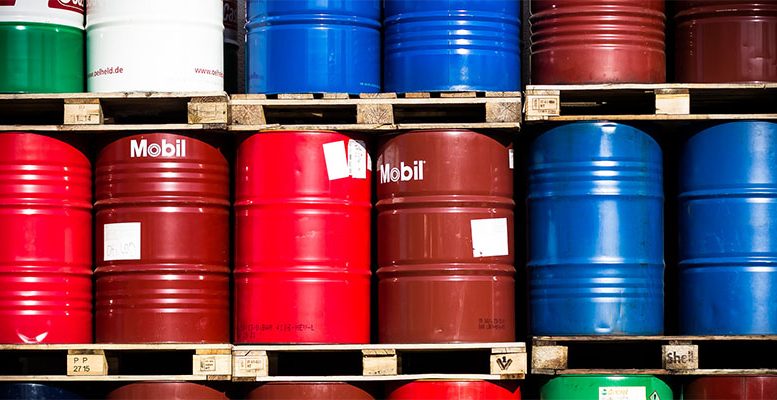Bankinter | OPEC+ has agreed to increase production in August by 548,000 bpd. As a reference, in April, production increased by 138,000 bpd and 411,000 bpd in May, June and July. OPEC+ (including other countries such as Russia and Mexico) produces 41 Mbd (just over 40% of global supply). This increase will come from eight members, including Saudi Arabia, Russia and the United Arab Emirates.
Analysis team’s view: The news will negatively affect oil prices for several reasons: (i) OPEC presented its global demand estimates, which showed a reduction. They estimate that demand will increase by 1.2 mbd in 2025 and 1.3 mbd in 2026 (approx. 1.2% of global supply each year), in both cases representing a slight reduction compared to the previous estimate. Therefore, the measure combines lower demand and higher production. (ii) It highlights the strong divergence of opinions within OPEC and is a response to several countries that are producing above their quotas. The most striking example is Kazakhstan. Furthermore, we estimate that this tension between them will intensify in the coming months, as a scenario of price moderation due to the economic slowdown (tariffs and Chinese weakness), the rise of clean energies and greater efficiency will lead members to try to produce more to offset this fall in prices and avoid reducing their global quota. All this will be accompanied by very high volatility due to a complex geopolitical context. We estimate that oil prices will close this year at $68 and $65 in 2026.





